Articles by Media Institute of Southern Africa (MISA)
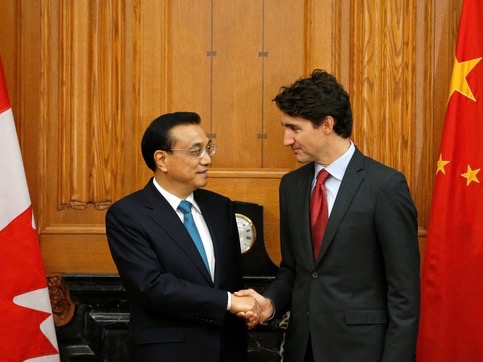
Canada must prioritise free expression rights in relationship with China
IFEX members call on Prime Minister Trudeau to put human rights, especially free expression and press freedom, at the heart of the Canada-China relationship.
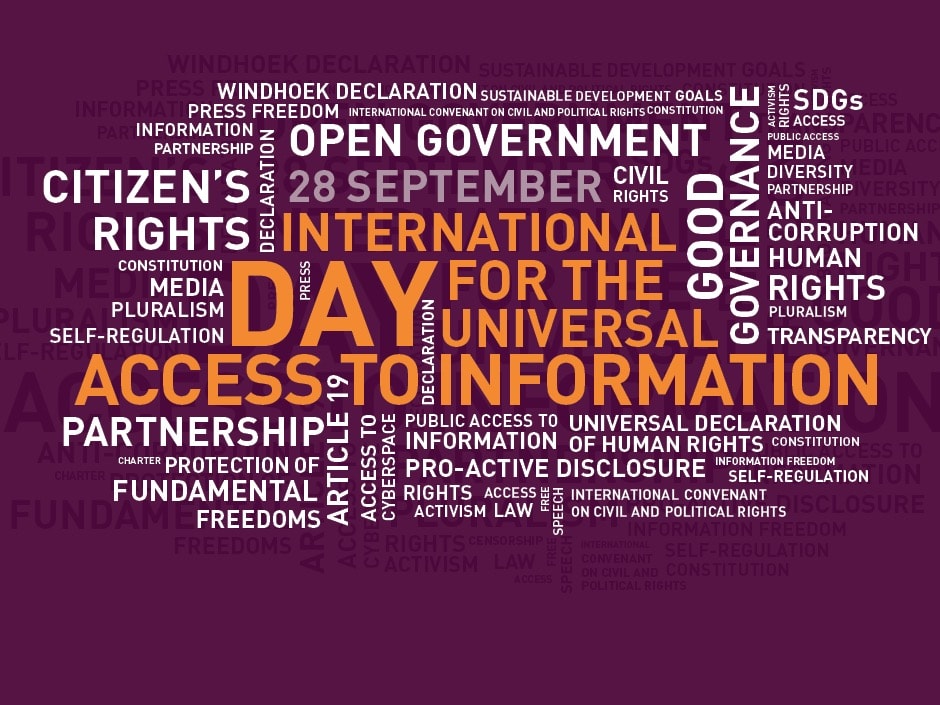
Africa celebrates access to information win
Work of various African organisations and governments helped lead the way to last week’s inaugural International Day for Universal Access to Information.
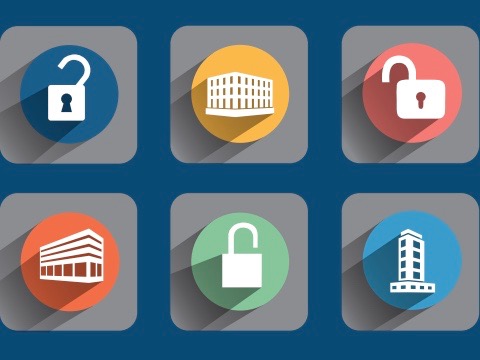
How well can citizens in southern Africa access public information?
In commemoration of the first International Day of Universal Access to Information, MISA has launched its Transparency Assessment, which seeks to establish the ease or difficulty with which citizens in southern Africa can access public information.
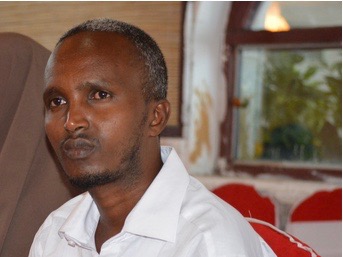
Radio Shabelle reporter second journalist shot and killed in Somalia this year
Reporter Abdiasis Mohammed Ali was shot on 27 September 2016, on his way to visit his uncle in Mogadishu. Ali had worked with Radio Shabelle for more than seven years and was arrested on several occasions by the police and the National Intelligence and Security Agency in connection with his work as a journalist.
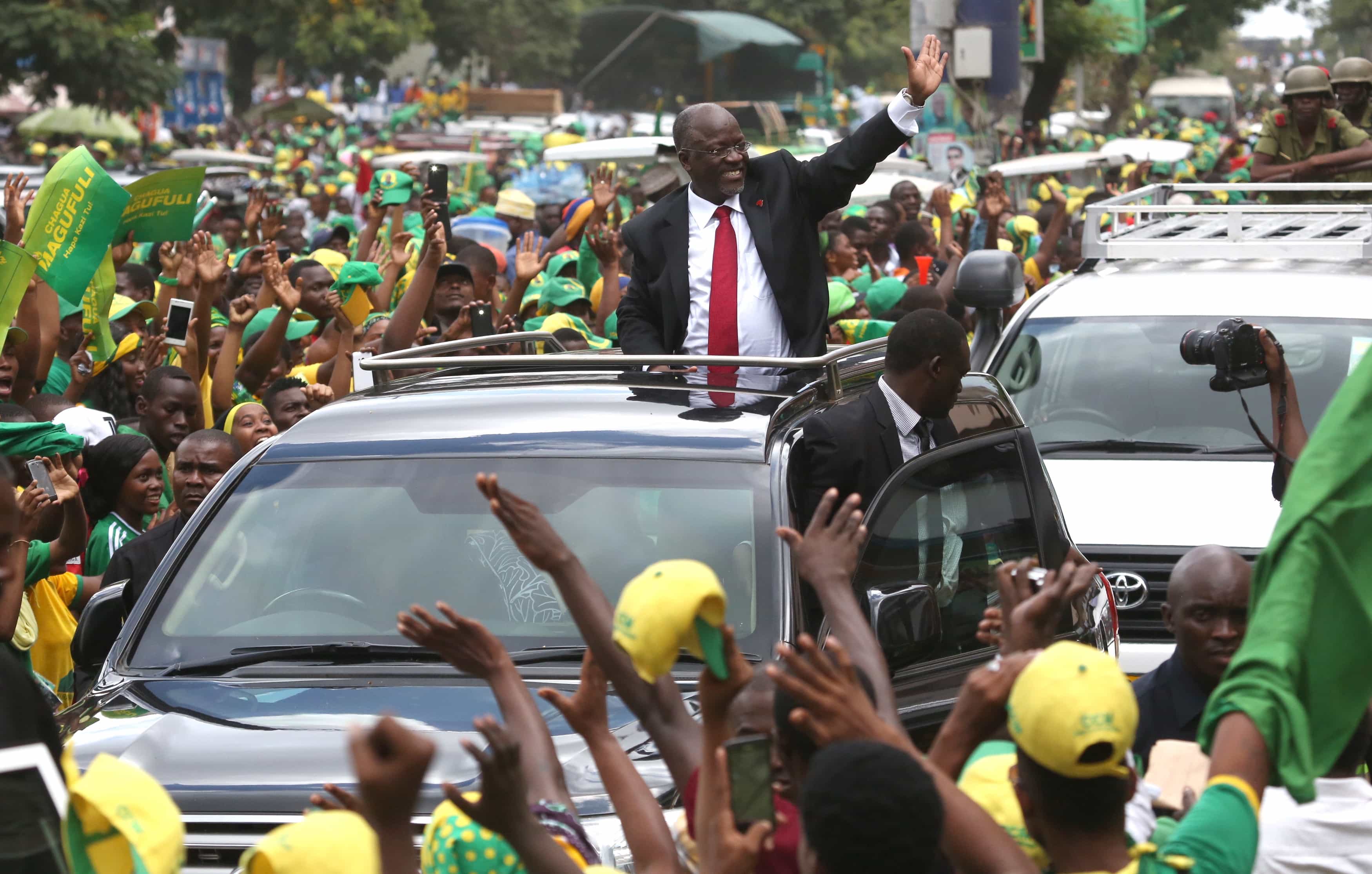
Social media users arraigned for “insulting” Tanzanian president
On 14 September 2016, five Internet users were arraigned before a Tanzanian Court on charges of insulting President John Magufuli on social media.
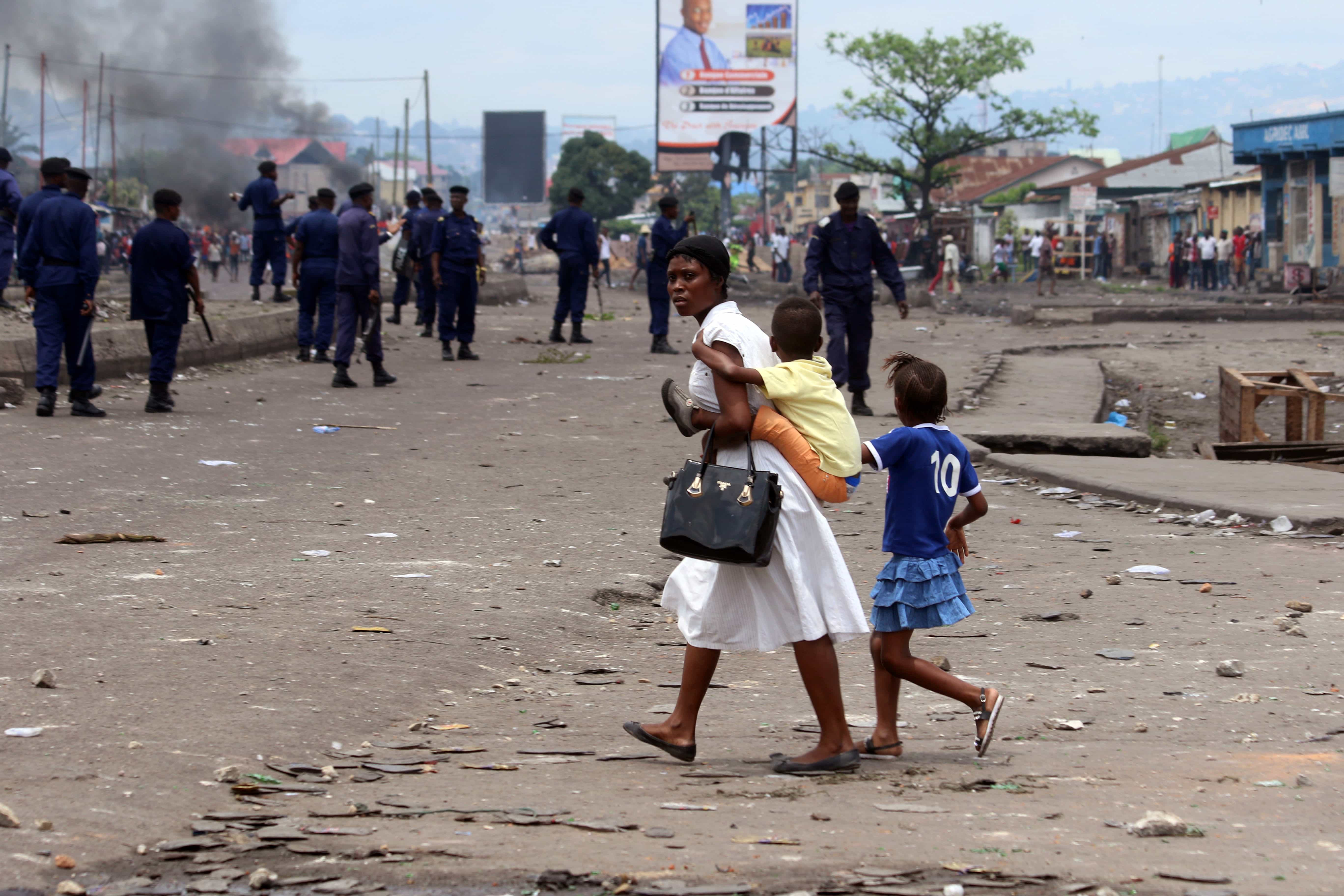
Police brutality leaves over 30 dead
Live bullets rained down on protestors gathered to repudiate the postponement of DRC elections. Government officials report 32 deaths, but opposition tally tells a much grimmer story.
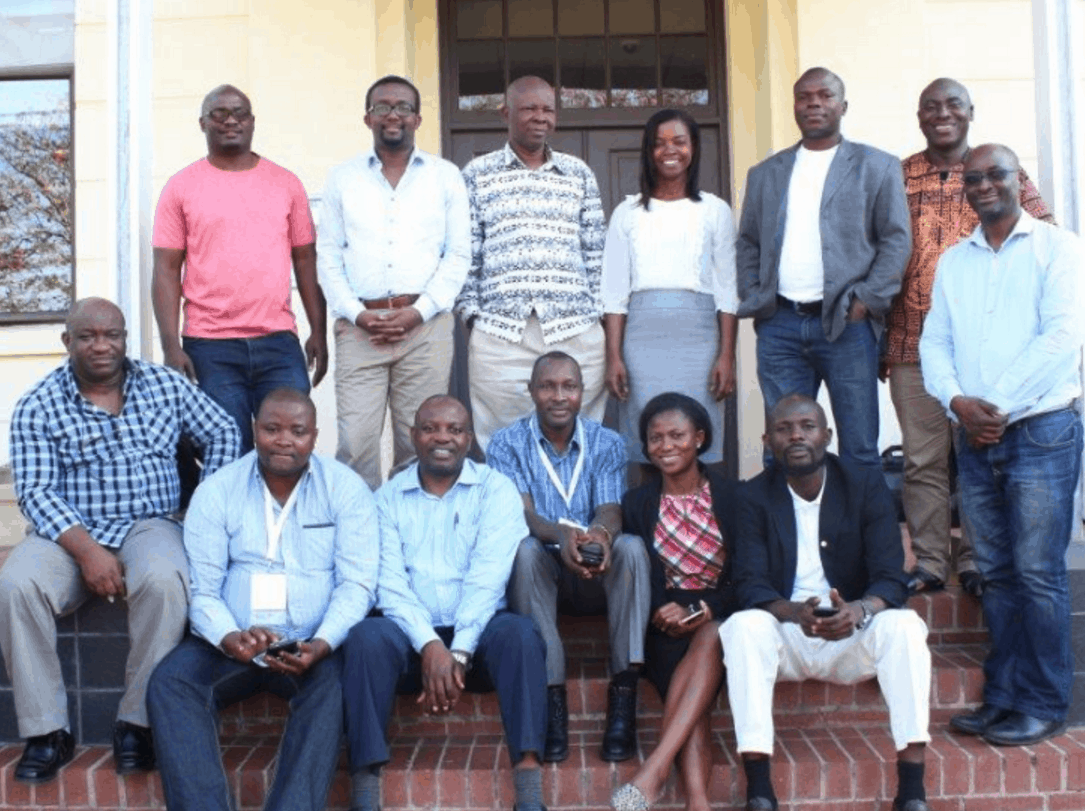
AFEX members reaffirm commitment to digital rights in Africa
The African Freedom of Expression Exchange (AFEX) held its 4th Annual General Meeting in Grahamstown, South Africa, on 31 August 2016. The AGM was preceded by a two-day capacity building workshop on Digital Rights Advocacy, as a follow up to a similar workshop held in Ghana in January 2016.
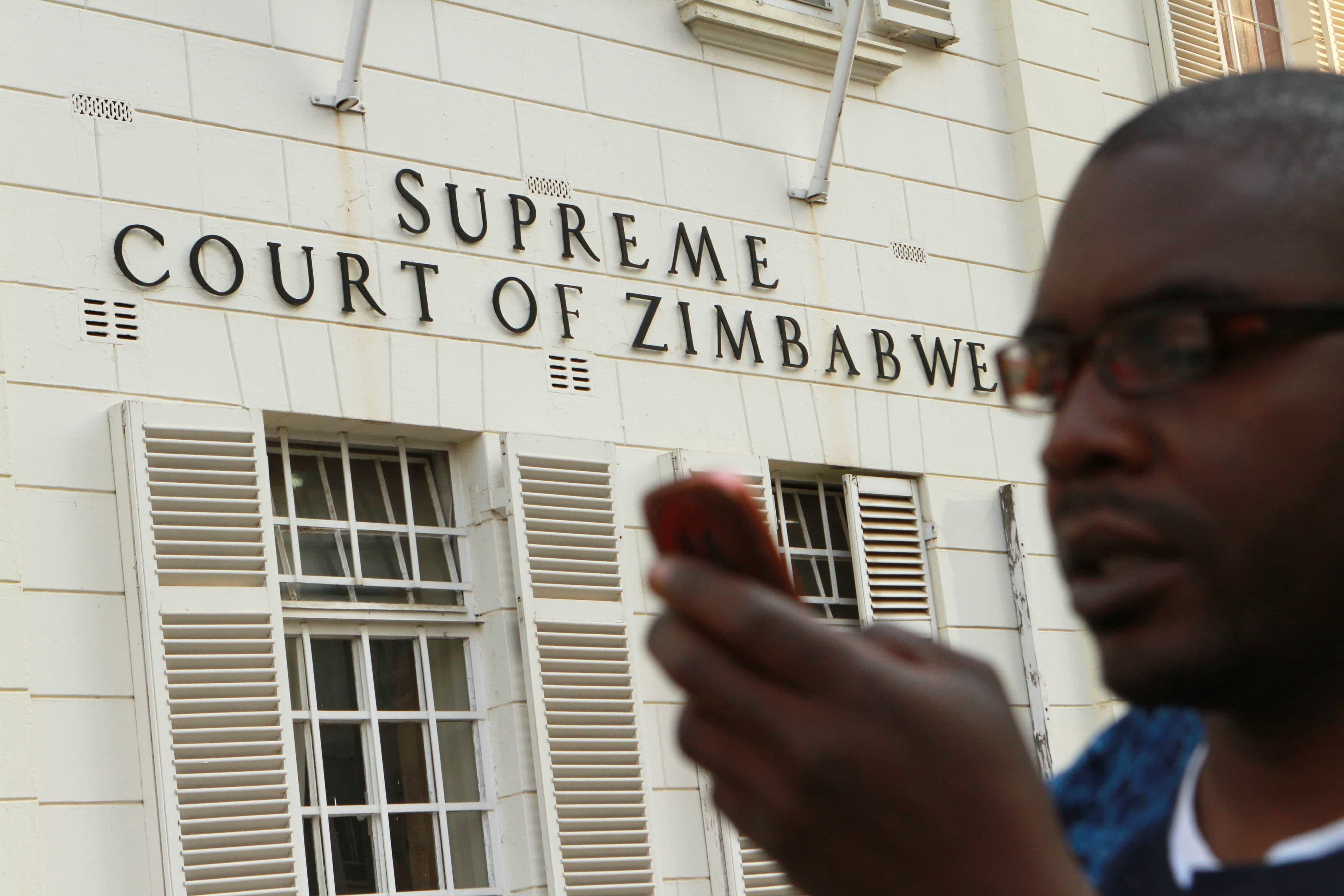
Weighing in on the “cyber terrorism” debate in Zimbabwe
This continuous misleading of the citizenry on what constitutes cyber terrorism instills fear and self-censorship among citizens when exercising their rights to free expression, access to information and freedom of conscience.
